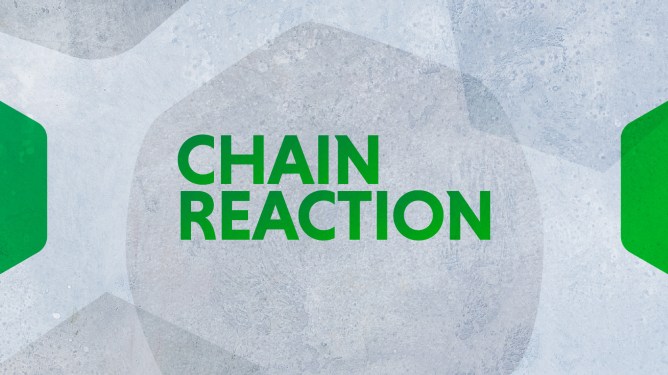The market for tech companies has undergone significant changes, as evidenced by the weak IPO market, focus on profitability, and numerous pivots. Despite these shifts, venture capital remains a thriving asset class. According to CB Insights data, venture investment reached $621 billion last year, a 111% increase from 2020 levels. This year, while valuations have experienced some pullbacks, investors believe that expensive term sheets indicate there is still hope for founders.
A Market of Mixed Messages: Navigating Series A Rounds
For startups graduating past the seed stage and seeking to secure a coveted Series A round, it can be challenging to determine the best approach. Stellation Capital founder Peter Boyce II joined TechCrunch Early Stage to discuss this topic and offer guidance for founders.
A Rare Power-Shift Dynamic: Reverse Due Diligence
When founding a company, it is essential to establish a board in a formal manner. As part of this process, Boyce recommends that founders perform reverse due diligence on potential investors. This involves interviewing not only the firm but also the individual who will be seated on the board for potentially over a decade.
"It’s essential to get right," said Boyce. "Founders should consider factors such as work style, expertise in specific domains, access to follow-on capital, and broader resources when selecting a board member."
To conduct this due diligence, founders can interview portfolio companies, look for mutual connections, and even discuss their investigation with the potential investor. By doing so, they can gain valuable insights into the investor’s capabilities and make informed decisions.
20% Swings in Valuation Don’t Matter: Focusing on Long-Term Success
Boyce also emphasized that 20% swings in valuation do not significantly impact long-term success. "Strong businesses will rarely look back and think they should have raised at an $85 million post-money valuation instead of a $75 million post-money valuation if the end product – good board directors, solid money – made sense."
In addition to this perspective, Boyce suggested that founders could raise slightly more in early financings to maintain control over runway, timing for raising, and competitive dynamics for future pricings.
Identifying Founder-Friendly Firms: A Key to Success
When selecting an investor, it is essential to identify firms that have raised fresh funds. These firms are less concerned with near-term dynamics and possess the capital to deploy.
"The vibe with these funds would contrast with a firm on the back half of their fund that is starting to do less investing and getting pickier," said Boyce.
By understanding the investor’s capabilities, founders can make informed decisions about which firms to partner with and how to approach negotiations.
Bottom Line: Raising a Series A is an Art
Raising a Series A round requires a combination of art and execution. By being explicit, setting boundaries, and maintaining a long-term perspective on the tradeoffs of this round, founders can increase their chances of success.
As Boyce noted, "The key to raising a successful Series A is to be clear about your goals, maintain a strong relationship with your investors, and focus on building a robust business."
Conclusion
In conclusion, navigating Series A rounds requires a deep understanding of the market and its participants. By adopting a long-term perspective, conducting reverse due diligence, identifying founder-friendly firms, and being explicit in negotiations, founders can increase their chances of success.
As the market continues to evolve, one thing remains clear: raising a Series A round is an art that requires careful execution and a commitment to building a strong business.
Topics
- TechCrunch Early Stage
- events
- Financing
- fundraising
- General Catalyst
- Peter Boyce II
- Series A
- Startups
- Stellation Capital
- Venture



